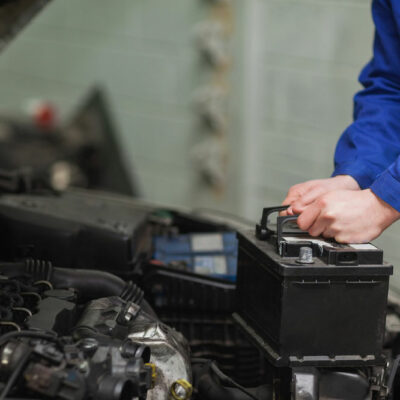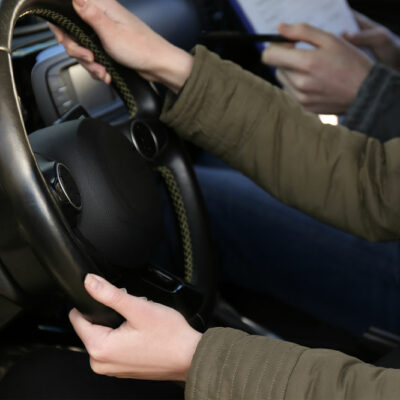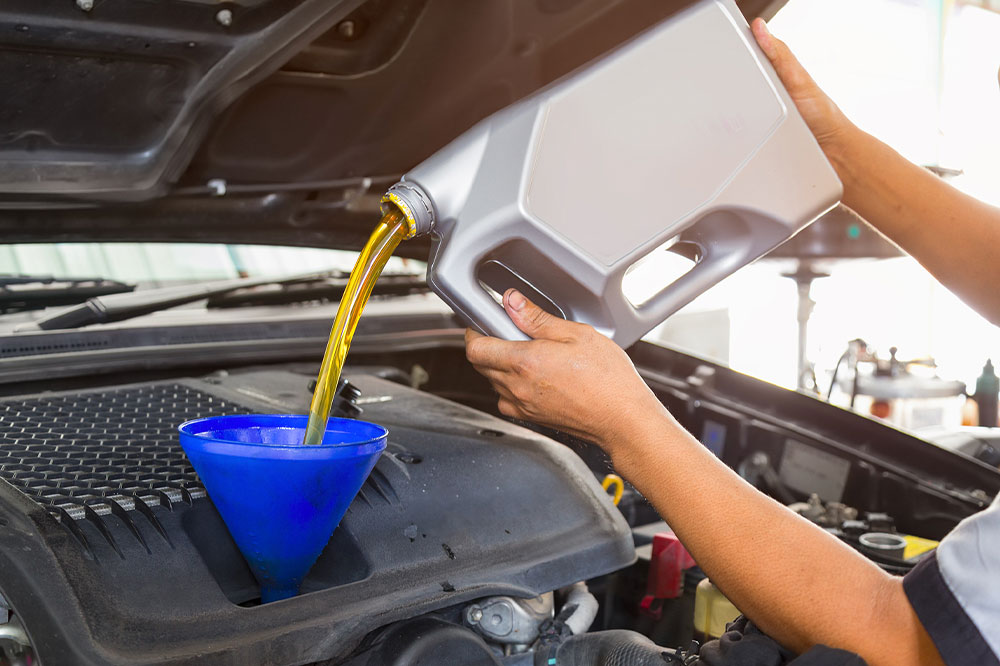8 tips to consider when buying a used car

Buying a used car is an exciting process. It can help one save money on insurance, registration, taxes, and depreciation. However, it is still an expensive purchase, with buyers spending around $28,000 on used cars on average. Moreover, buying the wrong car may also add to one’s expenses with repairs and maintenance charges. To save money and avoid any pitfalls during this process, here are some used-car-buying tips that one must consider.
Set a budget
Buying a used car can be a large purchase. Before beginning this process, it is important to set a realistic budget. To calculate the total cost of ownership of the car, one needs to consider factors such as monthly loan repayments, cost of interest on the car loan, insurance, parking, and maintenance costs. While one may receive a lower buying rate with older models, they may come with additional repair costs or reliability issues. Be sure to contemplate these issues before making a decision.
Make a list of required features
When buying any car, it is important to know what one wants. Begin by making two lists of features – requirements and desires. This will help narrow down options during research. For instance, those with a family may be interested in looking for cars that can seat everyone comfortably and offer enough cargo space and safety features. Considering this, one can create a short list of models to choose from.
Explore different auto retailers
The next step is to begin looking for cars. With so many outlets to buy from, this can feel a bit overwhelming. Simplify the process by checking out these car buying retailers –
- Online marketplaces
Many online marketplaces present aggregate listings from various used car retailers and dealerships across the country. - Online retailers
The full process for purchasing a used car can easily be carried out online via retailers. These retailers own the inventory and may offer attractive deals, warranties, or return policies on the purchase. - Traditional private-party sales platforms
Used cars can also be purchased from private parties on certain online sales platforms. These sellers are often looking to make a quick sale, so it’s a great way to get a bigger discount. - Used car dealers
One can check their local used car superstores and dealerships for vehicles to buy. For reliability, be sure to check with the local Better Business Bureau (BBB) or consumer advocacy groups before finalizing the purchase.
Consider a CPO car
An assured way of buying a reliable used car is by looking for a certified pre-owned (CPO) vehicle. These are specially inspected and approved by the manufacturer, and can be found at used car dealerships and rental companies. A CPO certification guarantees that the car will have low mileage, good parts, proper maintenance, and an accident-free history. Sellers may also offer additional vehicle warranties on these purchases.
Explore financing options
Most people require a loan to make large purchases, such as cars. There are several financing options to turn to, such as large national banks, credit unions, community banks, online banks, finance companies, and car dealerships. One can also use a loan comparison website to contact multiple lenders and find out the best financing options. Run a detailed analysis of these offers before finalizing one. Moreover, when applying for financing, having a loan pre-approval may help.
Get a vehicle history report
A vehicle history report is a document that contains important information about the car’s past, such as title information, flood, fire, or other damage, ownership history, sales information, recalls, registration and inspection information, major accidents, past owners, mileage, and much more. It also maintains records of the car’s maintenance services. Generally, online listings include free vehicle history reports. If not, they can be requested via trusted third-party service providers. They can help one form a realistic estimate of how reliable the car will be in the future.
Conduct a car inspection
A vehicle history report alone is not enough to ensure reliability. Buyers must take the car for a test drive to check the car’s condition. Begin by adjusting the seats, steering wheels, and mirrors, and ensure that one can reach all controls comfortably. Further, check the fan and heater speeds, stereo, and other equipment. Make note of any issues that may arise, and use these to negotiate a lower price. After the test drive, insist on conducting an independent car inspection to check for any mechanical and safety problems in the vehicle. A pre-purchase mechanical inspection may cost anywhere between $100 and $200, and may help buyers save on repair costs in future.
Negotiate the best price
Don’t settle for the first offer from the seller! Use these tips to negotiate the price of the vehicle –
- Compare the seller’s asking price to the average market price.
- Negotiate on the price of the car, not on the price of the monthly payment.
- Make an enticing offer on the lower end and then improve the offer in small increments.
- Confirm if the negotiations are on the overall price of the car (including fees and taxes) or only on the sales price.
- Spoken promises may be difficult to enforce, so be sure to get out-the-door offers in writing from the salesperson.
- Ask for a breakdown of any fees that may be levied on the sale.
















